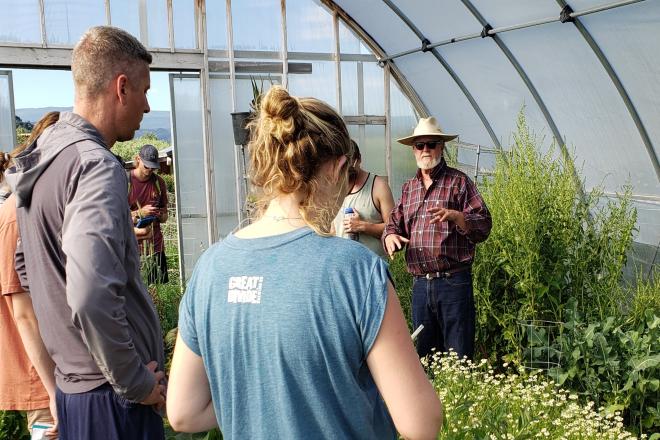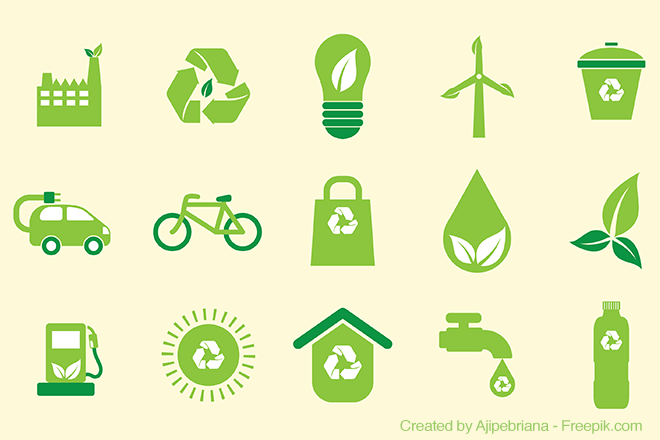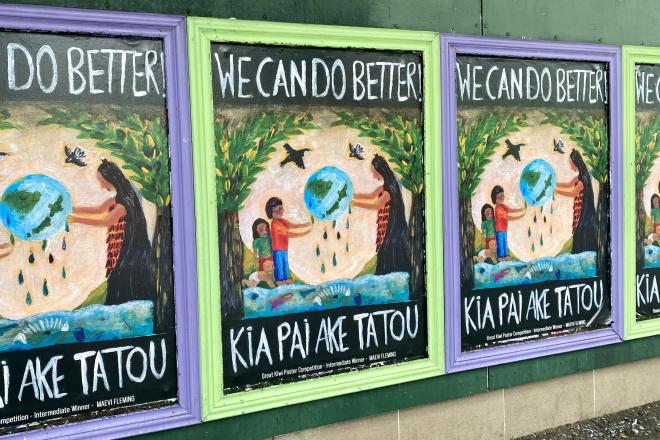Digital Stories in Science

Credit: "Earth" by Kevin M. Gill is licensed under CC BY 2.0
Resource Description
Storytelling can save the Earth. Stories have the power to inform, raise awareness, and bring about change. Now more than ever, science needs storytelling. Our brains are hardwired to learn and connect with others through stories. Personal narratives that tap into the scientist’s voice are effective tools for communicating technical information. Digital Stories in Science provides a step-by-step approach on how to combine textual, visual, and aural information into a compelling digital narrative. Discover ways to find your story, write a script, build a storyboard, and collect images, video, and audio. Student examples, tools, and resources are included, making this resource easy to use for students, faculty, or concerned earthlings. Make an impact; create your digital story today.
Learn moreEffective Technical Writing in the Information Age

Credit: Pexels by Burst is Public Domain
Resource Description
For students and others who read it, this style manual quickly becomes a favorite resource. Whether planning a paper, running a grammar check, completing a report, composing an email, puzzling over a usage or grammar issue, or writing a resume or online portfolio, you are bound to find the material and examples you need in Style for Students Online. Drawing from his breadth of experience as a tutor, teacher, editor, and creative writer, Joe Schall provides technical writing advice that spans from the conceptual to the niggling. Thoughtful, practical, up-to-date, and rich in pith, Style for Students Online should be bookmarked as one of your oft-visited websites.
Learn moreJournaling: An Assessment Tool for Student Engagement Experiences

Credit: Haley Sankey © Penn State University is licensed under CC BY-NC-SA 4.0
Resource Description
Education reformer John Dewey said it best: “We do not learn from experience… we learn from reflecting on experience.” This workbook is centered on the idea that experiential learning and time dedicated to guided analysis and reflection are what help students benefit most thoroughly from the experiences they’ve had. Grounded in the cyclical process of Inquiry-Based Learning, the workbook provides students with a structured approach to processing and communicating the meaning of their experiences and thereby producing a valuable assessment of learning. A true workbook, this tool aims to help instructors formulate effective journal prompts and an appropriate process for reflective work related to almost any experiential learning occurrence.
Learn moreOrientation to Energy and Sustainability Policy

Credit: Green Environmental Icons Collection from ajipebriana is free for use (modified)
Resource Description
EMSC 302 provides an orientation of the Energy and Sustainability Policy (ESP) degree program, preparing students for further study in the five program learning outcome areas: energy industry knowledge, global perspective, analytical skills, communication skills, and sustainability ethics. It also provides an introduction to the basic skills necessary to be successful in higher-ed online learning, including communication and library skills. Learn moreSustainable Futures in Business: Insights from Australia and New Zealand

Credit: Photo by Kay DiMarco, licensed under CC BY-NC-SA 4.0
Resource Description
The saying goes “a picture is worth a thousand words.” Think of what video can do to bring a subject to life! In May 2023, a group of 20 Penn State students from multiple campuses joined Kaitlin Farnan, a business instructor at Penn State Altoona, and Annie Taylor, the senior assistant dean for distance learning in the College of Earth and Mineral Sciences, on a trip to New Zealand and Australia to learn about sustainable business practices. The itinerary included 31 hands-on experiences encompassing site visits, interviews, and service-learning projects. These experiences included visits to farms, nature preserves, eco-tourism companies, foundations, and government agencies. Students engaged with representatives from diverse businesses including the Skyrail Rainforest Cableway, Whale Watch Kiakoura, Katmandu Outdoor, Remix Plastic, the Skybury Cafe, and Greenspace Community Vertical Farming. They heard about the New Zealand Film Industry from one of its pioneers, and visited numerous other locations to see, and hear about, sustainability practices in action.
Learn moreWriting Personal Statements Online

Credit: Pexels by Retha Ferguson is Public Domain
Resource Description
For students, personal statements and application essays are among the most difficult and most important documents they will ever write. They are difficult because they require both introspection and polish, and important because the writer may literally be competing for tens of thousands of dollars in a huge field of outstanding candidates. A writing tutor who has provided guidance on more than a thousand graduate applications, Joe Schall advises you on how to be competitive but not cocky, informed but not formulaic, openly creative yet professional. As you consider ways to write your way into your future, count on this website to help you grow and thrive in the process.
Learn moreWriting Recommendation Letters Online

Credit: Unsplash by Glenn Carstens-Peters is Public Domain
Resource Description
Building on the foundation laid by the popular earlier print editions of his faculty handbook on writing recommendation letters, Joe Schall digs deeper in this new online edition, addressing issues ranging from the ethical considerations faculty wrestle with when writing letters to the new challenges posed by the information age. Citing sources ranging from The Chronicle of Higher Education to refereed journal articles to excerpts from listserv discussions among scholarship directors, this handbook advises faculty on the best practices when writing letters for students, as well as informs writers about nine of the nation’s top scholarships and the detail that selectors crave in winning scholarship reference letters.
Learn more